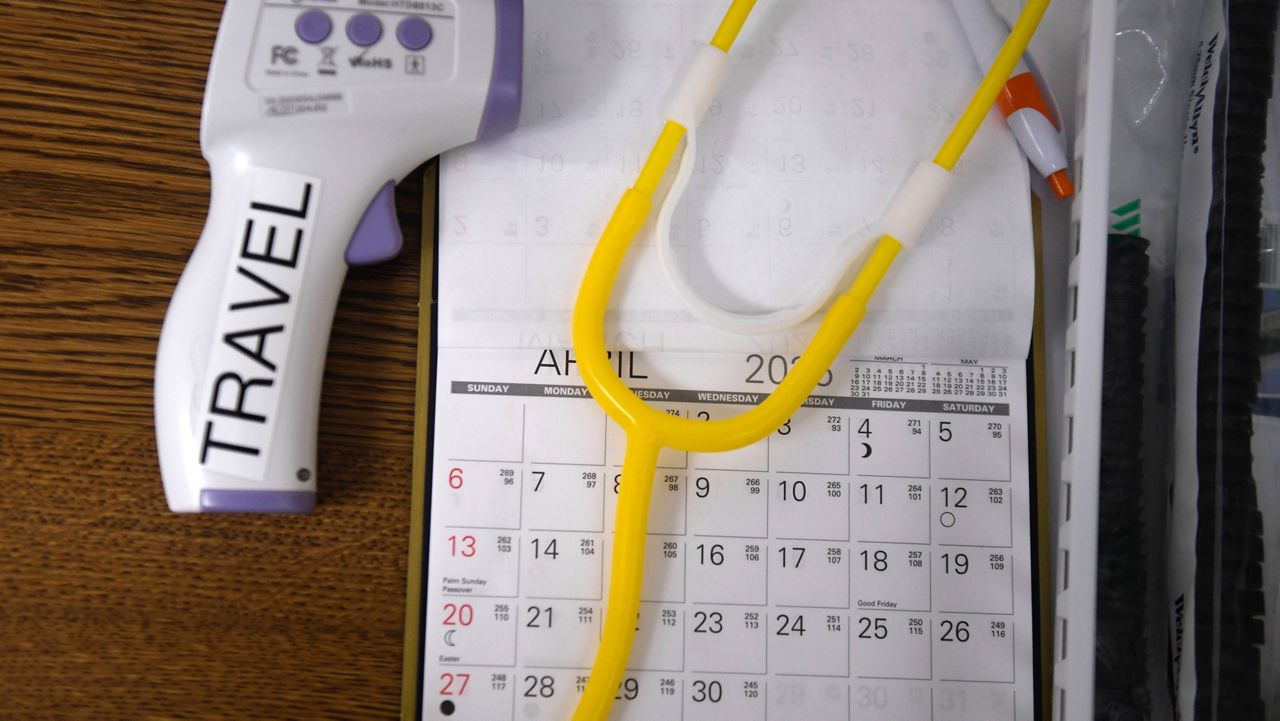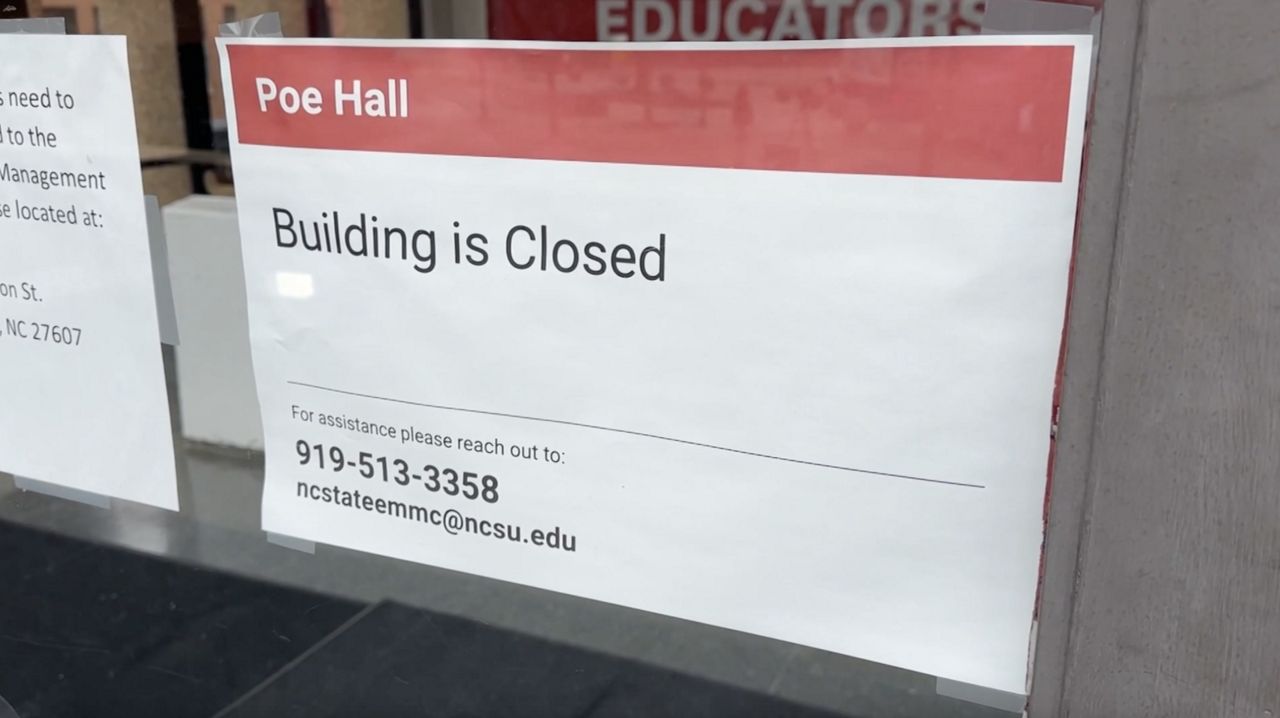CHARLOTTE, N.C. — Kimberly Reese is used to listening to stories of trauma and despair from clients who sit on her couch seeking advice.
But these days, she finds herself in the same place, but now she's sharing her own struggles with images and news of police brutality that she can't shake from her head.
"I think it was Tamir Rice, I think that's the last one I remember seeing and I remember after I saw it, wishing I had never seen it," Reese said.
Reese became a therapist 10 years ago to help break down the stigma of mental health and therapy in the Black community.
These days, she said she's seeing more Black clients, with approximately 95% of her caseload being African American.
Reese said there's been a shift in their conversations as her clients seek out tools and coping mechanisms to deal with the civil unrest that continues to grip the nation.
"It's not healthy to be subjected to images and seeing images where people who look like you are being murdered. That's toxic, it's dangerous for us to constantly be subjected to those images," Reese said.
She said the fact that a majority of her clients are Black is a sign the community is pushing past the stigma surrounding mental health, but the surge of need is now straining an already burdened system.
That's why Reese, along with more than 700 other clinicans, dedicated themselves to training more therapists in complex trauma in order to serve more clients of color for free.
"It's very important that we don't dismiss the weight of what we're seeing, whether you're in the city or in the community where the stuff is taking place," Reese said.
For more information on the clinical training or free services, click here.










